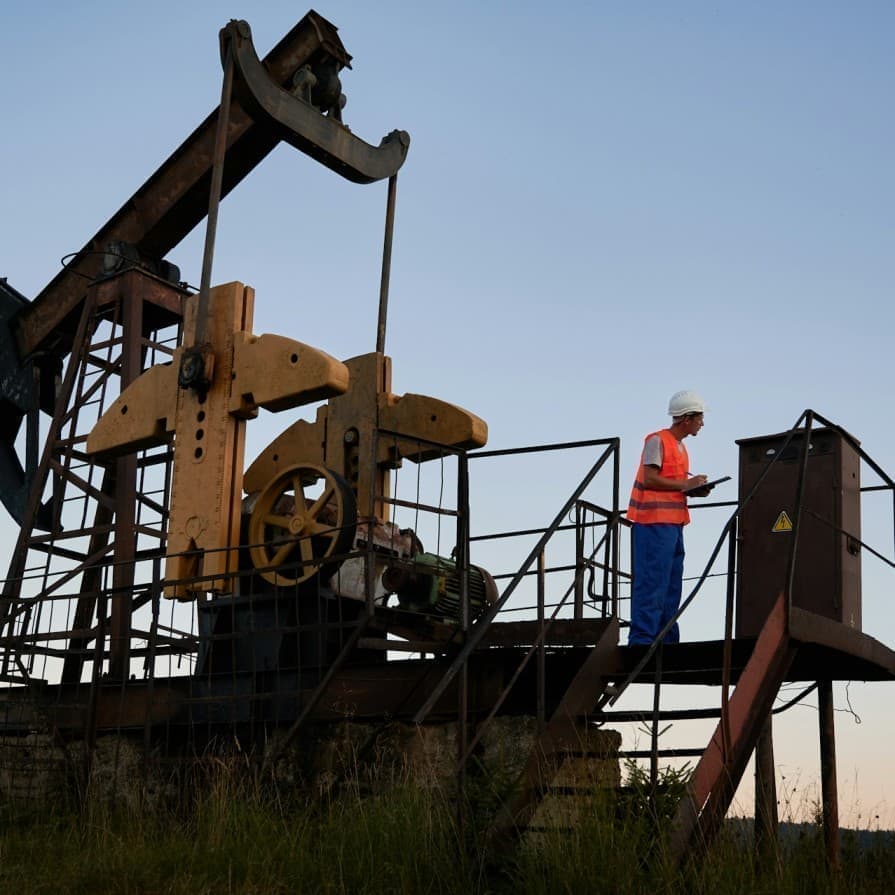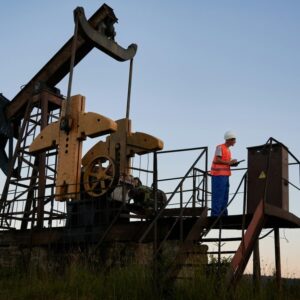
United States President Donald Trump has unveiled a plan to develop the nation’s seabed mining industry, aiming to access critical minerals necessary for various sectors and reduce dependence on China. This initiative, however, has sparked significant backlash from international organizations and environmental advocates concerned about the implications for marine ecosystems.
Seabed mining is regulated under international law, particularly by the International Seabed Authority (ISA), established in 1982 under the United Nations Convention on the Law of the Sea (UNCLOS). The ISA’s mandate includes protecting the marine environment from potential harm caused by deep-seabed activities. As of 2024, the ISA comprises 170 members, including 169 member states and the European Union, excluding the United States, which has not ratified the Law of the Sea treaty.
Calls for the ISA to implement comprehensive regulations governing the commercial extraction of seabed minerals have intensified in recent years. Numerous countries are advocating for a moratorium on such activities, reflecting growing concerns over environmental impacts. In 2024, Norway proposed a plan to evaluate the potential for deep-sea mining, but this effort was halted by the Socialist Left Party, which demanded the cancellation of an upcoming licensing round scheduled for 2025 amid environmental concerns.
Despite these developments, President Trump remains committed to advancing seabed mining in U.S. waters. In April, he signed an executive order titled “Unleash America’s Offshore Critical Minerals and Resources.” This order emphasizes the need for immediate action to foster the responsible development of seabed mineral resources and secure supply chains for critical sectors, including defense and energy.
Following Trump’s announcement, The Metals Company (TMC) submitted applications to the National Oceanic and Atmospheric Administration (NOAA) for two exploration licenses and one commercial recovery permit in the Clarion Clipperton Zone. This area of the Pacific Ocean is managed by the ISA and is recognized for its environmental significance.
In reaction to these developments, Leticia Reis de Carvalho, Secretary-General of the ISA, expressed concerns about the executive order, emphasizing that while it addresses domestic issues, its implications for areas beyond national jurisdiction raise questions regarding adherence to international law. Reis de Carvalho stated, “No state may claim, acquire, or exercise sovereignty or sovereign rights over any part of the area or its mineral resources.”
The international response has been swift. Various organizations and environmental groups have voiced their opposition to Trump’s mining plans. Some of TMC’s partners are reconsidering their relationships with the company due to concerns over the legality of its mining initiatives. Critics argue that mining in areas beyond territorial waters not only violates international law but also undermines the principle of “the common heritage of mankind,” unless a global consensus on management practices is achieved.
During a recent gathering in Kingston, Jamaica, ISA delegates convened to discuss the implications of Trump’s seabed mining initiative. The council, comprising 36 elected member states, passed a resolution urging its legal and technical committee to investigate potential “noncompliance” by signatories regarding seabed mining activities. Matthew Gianni, co-founder of the Deep-Sea Conservation Coalition, remarked that TMC has been testing the boundaries of acceptable practices, warning that “going rogue may well result in the loss of its ISA exploration claims.”
While it remains uncertain whether President Trump will proceed with the seabed mining plans or grant TMC the necessary licenses, the international community has made its position clear. The ISA and its member states oppose the initiation of deep-sea mining operations before the establishment of robust international regulations, citing potential irreversible damage to marine environments.
As discussions continue, stakeholders will be closely monitoring the evolving situation, balancing the need for critical mineral resources with the imperative to protect the ocean’s fragile ecosystems.






